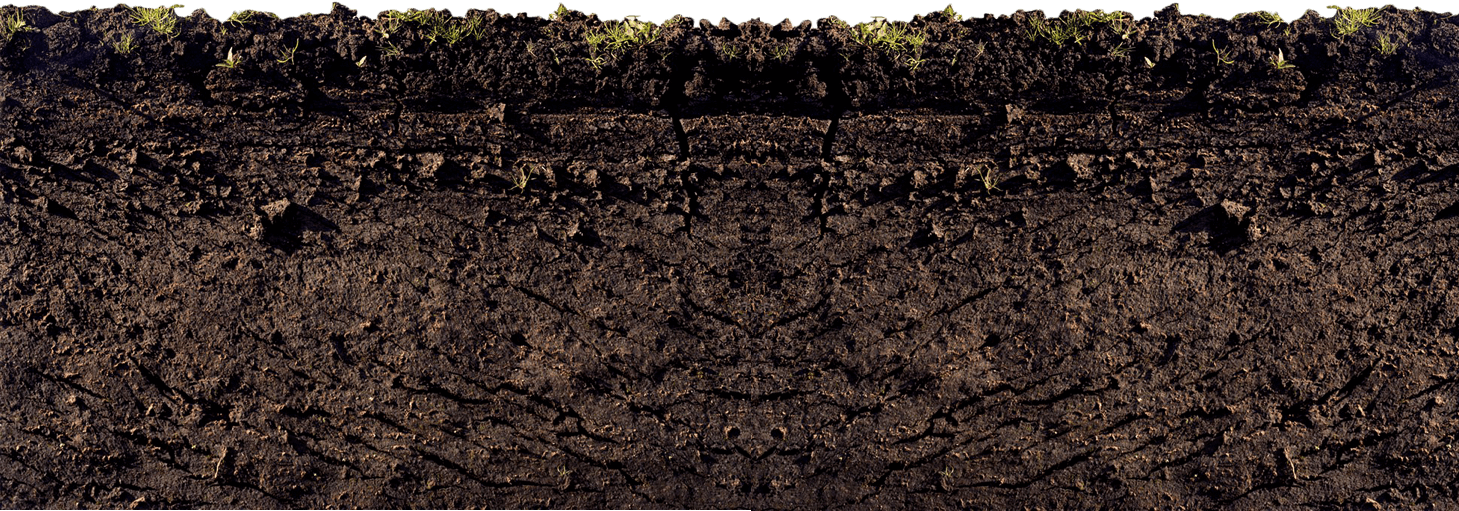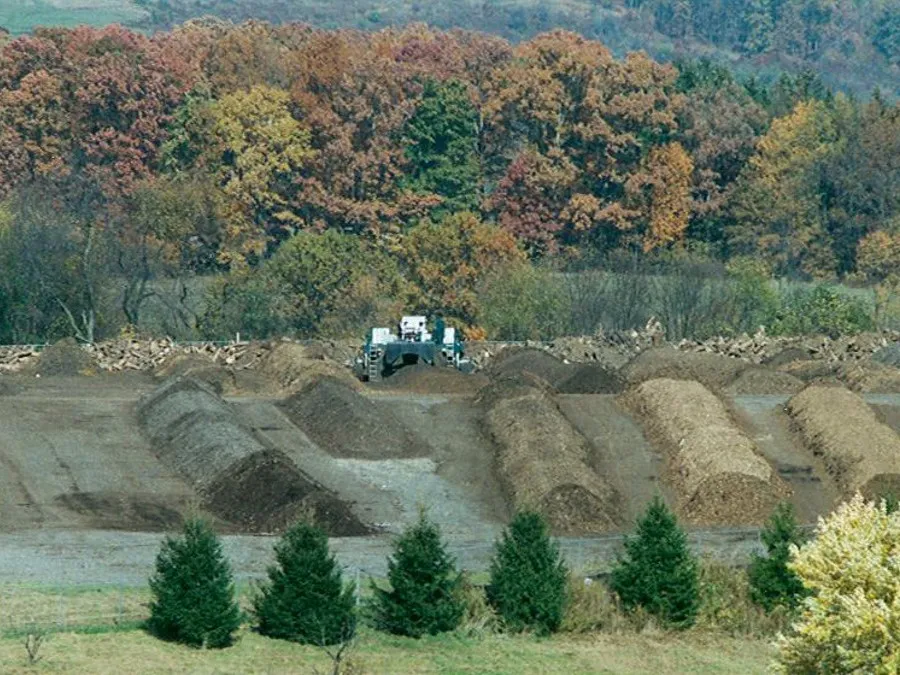
Overview
Saving Organic Material From Becoming Landfilled
Over 50% of all materials being sent to landfills are compostable. These organic materials have the power to restore our soils and benefit our atmosphere when composted. When landfilled, these same materials directly contribute to greenhouse gases that are polluting our air and contributing to climate change. AgRecycle's organic diversion services prevent compostable materials from becoming landfilled waste and transforms them into beneficial soil amendments to rejuvenate American soils from farms to your backyard.

Organic Recycling Offerings
Consulting
- Organic Waste Audits
- Custom Composting Systems
- Waste Reduction Strategy
Kitchen Door Disconnect
Do you understand the full impact of the food cycle once the plate has crossed the threshold out of the restaurant kitchen?

Composting
The Power of Composting
Americans generate more solid waste than any other population, and an overwhelming majority of this waste is sent directly to landfills. Unfortunately, Pennsylvanians are among the most wasteful.
Sadly, over 50% of landfill waste is compostable material that could have been used to renew our nutrient-deficient soils. Instead, it’s creating larger landfills that deplete the ozone layer, adding harmful emissions to an already polluted sky (cars aren’t the only culprit).
Diverting compostable materials to AgRecycle shrinks our pollution burden and restores one of our most strained resources - soil. Using compost that has been produced with scientific best practices improves the physical, chemical and biological properties of soil. This means healthier plants, more nutritious edible crops, and soils that can support more American-grown crops.
And of course there is a good variety of online casino slots games to suit all tastes. Slots are one of the strengths of the enracha casino, for having a selection of casino games that is hard to match and for how well they work. Not even blackjack, roulette or casino without gamstop can match them. Popular machines among players, classic slots that all users know and have in mind, a catalogue of new slots that we are expanding whenever we can, and also the slots that we have in promotion and that will offer you improvements when you start playing in our casino. In addition, we offer you the possibility to play our casino for free with no deposit, no need to make any annoying downloads. You can play completely free with the demo version of the online casino games (after registration), or with real money if you prefer. At enracha online casino we go straight ahead and show you what we have so that you can inspect it first and then choose whether you want to play at our casino with us. This way you optimise your chances of winning.
The Facts
To date, AgRecycle is very proud to have helped serve a customer base to divert:
5,752,679
CUBIC YARDS of yard debris
272,650
CUBIC YARDS of herbivore manure with bedding
2,175,573
CUBIC YARDS of food waste




